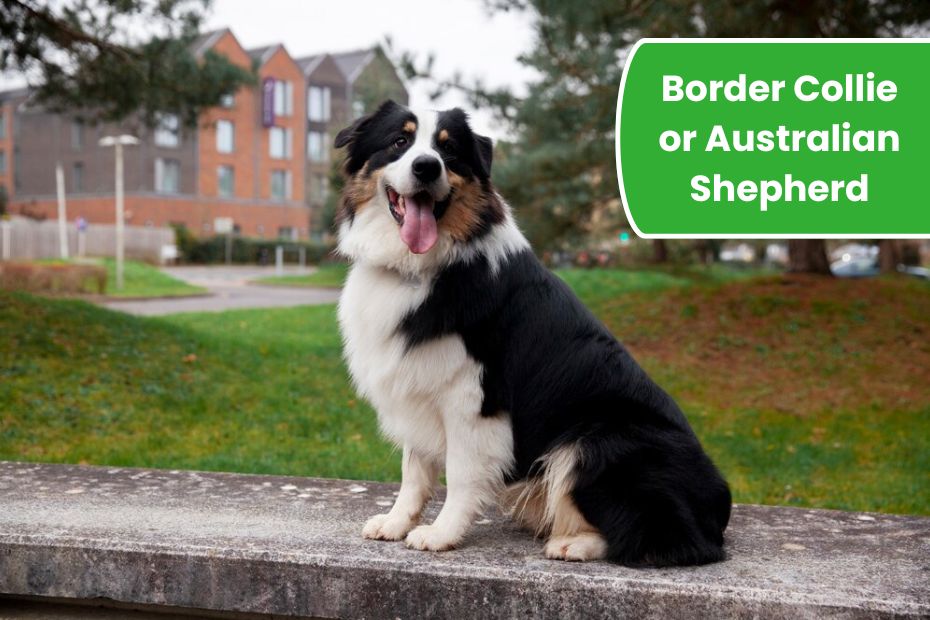Meta Description:
Discover 6 of the loudest dog breeds that love to bark. Learn about their behavior, why they bark, and how to manage their vocal tendencies effectively.
Dogs are known for their loyalty, playfulness, and protective instincts. However, some breeds are also famous for their loud, consistent barking. This behavior can be charming or bothersome, depending on the situation. In this article, we will explore six of the loudest dog breeds that naturally love to bark. We’ll also cover their reasons for barking and provide insights into managing this behavior while embracing their talkative nature.
1. Beagle
Beagles are small to medium-sized hounds originally bred for hunting. These dogs have an impressive sense of smell and an even more impressive bark. Beagles produce a variety of vocalizations, including barking, baying, and howling.
Why Do Beagles Bark So Much?
Beagles bark due to their hunting instincts. They use their voice to communicate with other dogs and alert their owners to scents or movement. They also bark when bored or anxious.
How to Manage Their Barking?
- Engage them in scent games.
- Provide regular exercise and mental stimulation.
- Use positive reinforcement when they are quiet.
2. Chihuahua
Though tiny, Chihuahuas have a big attitude and an even bigger voice. These small dogs are incredibly alert and territorial, often barking at strangers, noises, or even unfamiliar objects.
Why Are Chihuahuas So Vocal?
Chihuahuas feel the need to protect their space. Their small size makes them rely on their voice to make their presence known.
How to Manage Their Barking?
- Socialize them early with people and other animals.
- Train them with consistent commands.
- Avoid spoiling or coddling them excessively.
3. Siberian Husky
Siberian Huskies are known more for their howling than barking, but they can be among the most vocal breeds. They enjoy “talking” to their owners and expressing their feelings through a range of sounds.
Why Do Huskies Make So Much Noise?
Huskies are pack animals and thrive on communication. Their vocal nature is a way to interact with their environment and their human family.
How to Manage Their Barking and Howling?
- Offer plenty of exercise and social interaction.
- Use interactive toys to keep them busy.
- Reward calm behavior consistently.
4. Yorkshire Terrier
Yorkshire Terriers, or Yorkies, may be small, but they have a loud and piercing bark. Originally bred to hunt rats, they have a strong prey drive and protective nature, which makes them frequent barkers.
Why Are Yorkies So Noisy?
Their terrier instincts make them highly alert. They will bark to notify their owners of any unusual movement, sound, or visitor.
How to Control Their Barking?
- Train them to respond to quiet commands.
- Socialize them with other dogs and humans.
- Provide chew toys to distract them.
5. Basset Hound
Basset Hounds have a deep, booming bark that belies their calm demeanor. Despite being laid-back, they will bark persistently when they pick up an intriguing scent.
Why Do Basset Hounds Bark?
Their hunting and scent-tracking background makes them vocal when they sense something interesting. They also bark when lonely or bored.
How to Manage Basset Hound Barking?
- Take them on regular sniffing adventures.
- Ensure they have social interaction.
- Provide puzzle toys to keep them mentally engaged.
6. Miniature Schnauzer
Miniature Schnauzers are known for their watchdog abilities and sharp, high-pitched bark. They are incredibly alert and bark to alert their families about strangers or noises.
Why Do Miniature Schnauzers Bark So Much?
They have a strong guarding instinct. Anything they perceive as a threat triggers their barking reflex.
How to Control Their Barking?
- Teach them to distinguish between real and false threats.
- Use training commands to establish boundaries.
- Keep them physically and mentally stimulated.
Loudest Dog Breeds and Their Barking Triggers
| Breed | Barking Trigger | Suggested Management |
|---|---|---|
| Beagle | Scents, boredom, anxiety | Scent games, exercise, mental stimulation |
| Chihuahua | Strangers, noises, insecurity | Socialization, firm training |
| Siberian Husky | Communication, boredom, excitement | Interactive play, exercise |
| Yorkshire Terrier | Strangers, movement, alertness | Quiet commands, socialization |
| Basset Hound | Scents, loneliness, boredom | Sniffing walks, companionship |
| Miniature Schnauzer | Intruders, noises, guarding instincts | Boundaries training, daily walks |
